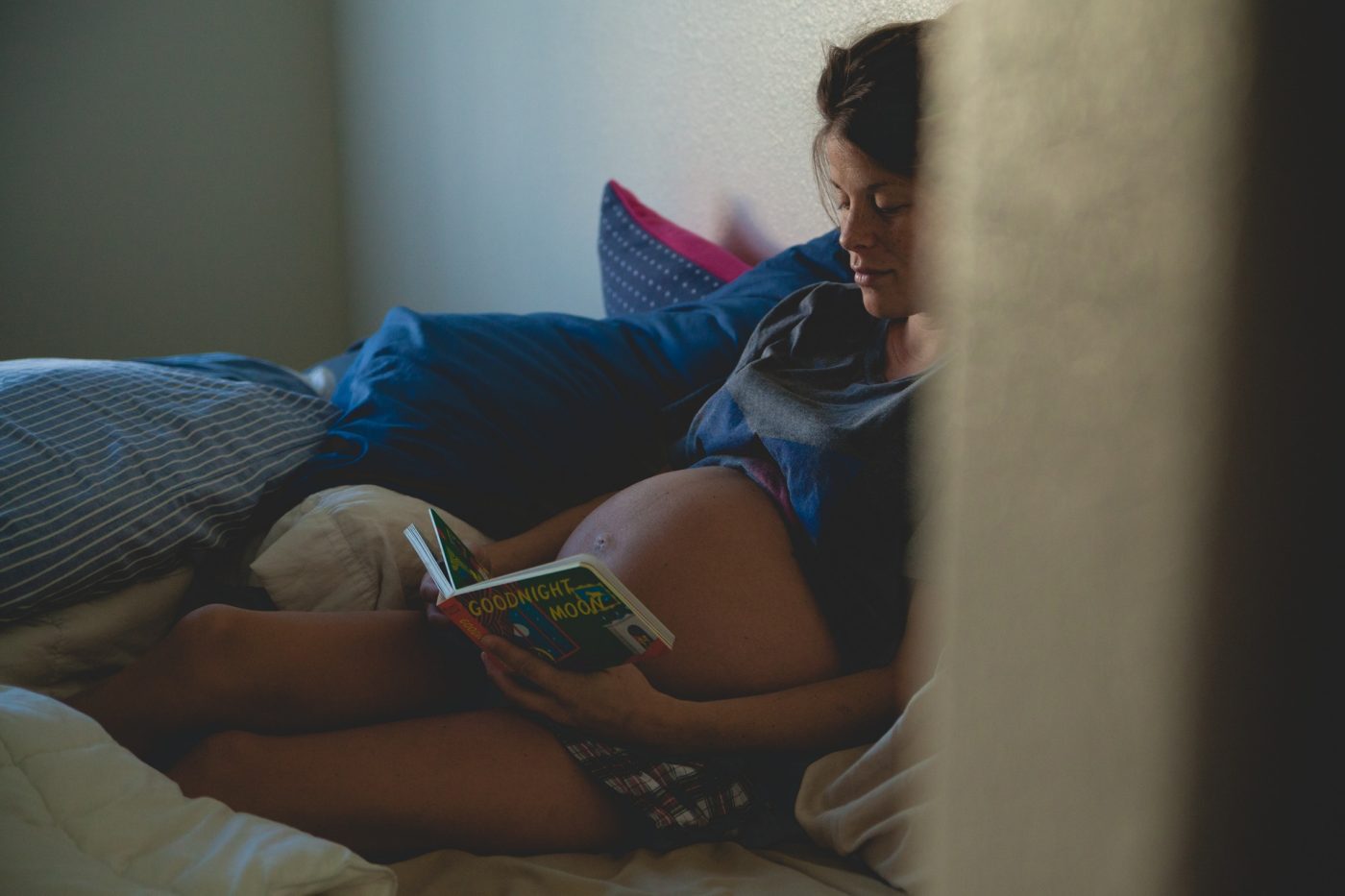
The first things to do are the simplest ones. Try to open up and talk to someone about it – a friend, family member or your partner to start with.
Try to look after your health by getting plenty of sleep and rest. Try and prepare healthy meals and additional healthy snacks to keep your energy levels up and your blood sugar levels stable.
It can help to join an antenatal group. Having some company and sharing experiences with other women – at the same stage of pregnancy and with the same anxieties – can really help.
If you were taking antidepressants before getting pregnant, discuss with your doctor or psychiatrist. Don’t just stop taking them without involving your medical team.
You will be more likely to experience antenatal depression if you have suffered from low mood and depressive episodes before. Your environment is a big factor so speak to your midwife and support network if you are living in difficult circumstances to try to increase practical support during your pregnancy.
Illegal drugs and alcohol can increase the risk of antenatal depression too, so speak to your midwife if you feel you need support around drug and alcohol use.
If you think your antenatal depression is more serious speak to your midwife about your feelings. Remember this is a really common problem so don’t be embarrassed or worried to ask for help.
Your doctor might suggest you try a depression medication. Don’t start medications on your own since they may not be suitable during pregnancy.
There are support groups in the community for pregnant women suffering from anxiety and depression. Your Midwife or Doctor can connect you with these.
You will be more likely to experience antenatal depression if you have any of the following: